Últimos artículos de Alberto de Rosa
- “La sostenibilidad de los sistemas de salud requiere innovación y colaboración”
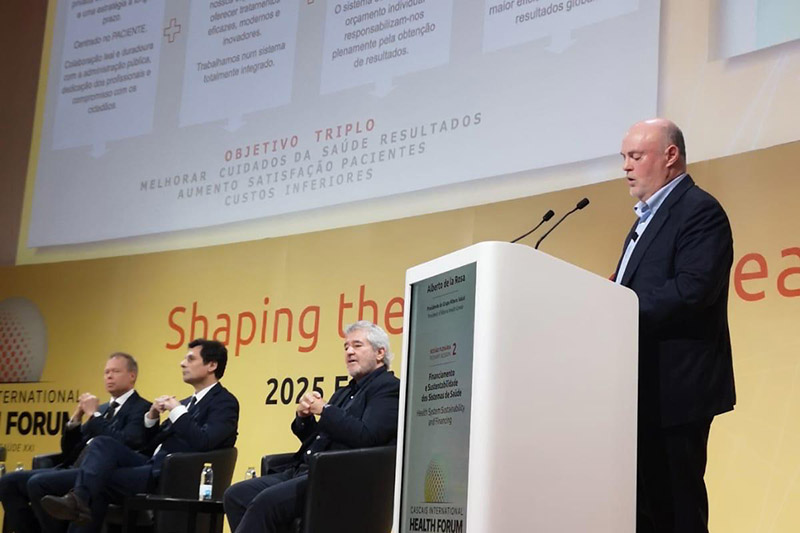 La semana pasada tuve la oportunidad de participar en el Foro Internacional de Salud de Cascais, al … Leer más
La semana pasada tuve la oportunidad de participar en el Foro Internacional de Salud de Cascais, al … Leer más - 49 millones
 España ha llegado por primera vez a 49 millones de habitantes a 1 de enero de 2025 … Leer más
España ha llegado por primera vez a 49 millones de habitantes a 1 de enero de 2025 … Leer más - Prohibir, la palabra de moda
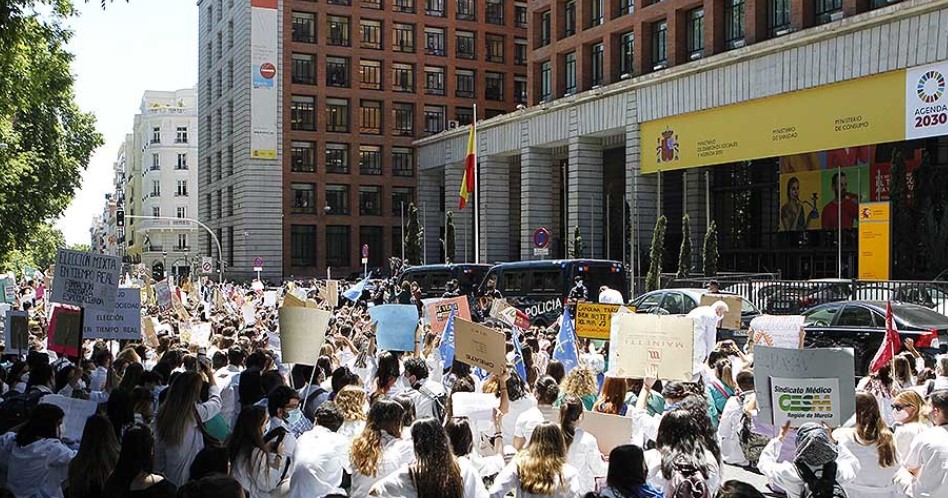 En estas últimas semanas estamos conociendo la verdadera forma de pensar de la ministra de Sanidad, Mónica … Leer más
En estas últimas semanas estamos conociendo la verdadera forma de pensar de la ministra de Sanidad, Mónica … Leer más - Adiós a un 2024 agridulce
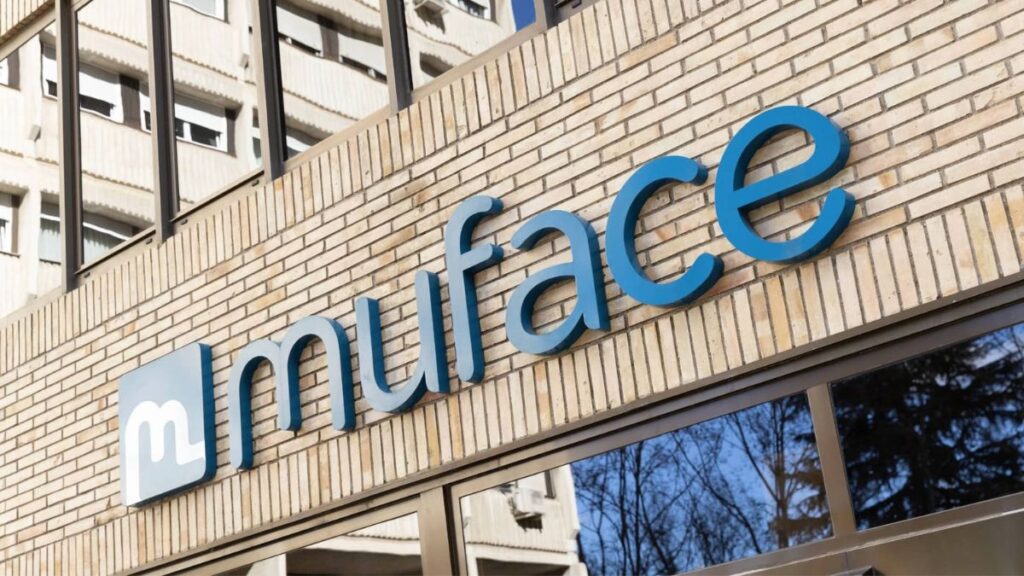 2024 termina con varias asignaturas pendientes para el sector sanitario y otras que, si bien parecen haber … Leer más
2024 termina con varias asignaturas pendientes para el sector sanitario y otras que, si bien parecen haber … Leer más - (Re)Construir el futuro
 Me gustaría dedicar un nuevo blog a la terrible catástrofe sufrida en Valencia como consecuencia de la … Leer más
Me gustaría dedicar un nuevo blog a la terrible catástrofe sufrida en Valencia como consecuencia de la … Leer más - Juntos, nos levantaremos de nuevo
 La entrada a mi blog de hoy está escrita desde la tristeza, pero también desde la esperanza. … Leer más
La entrada a mi blog de hoy está escrita desde la tristeza, pero también desde la esperanza. … Leer más - Dos sectores distintos, un mismo fracaso
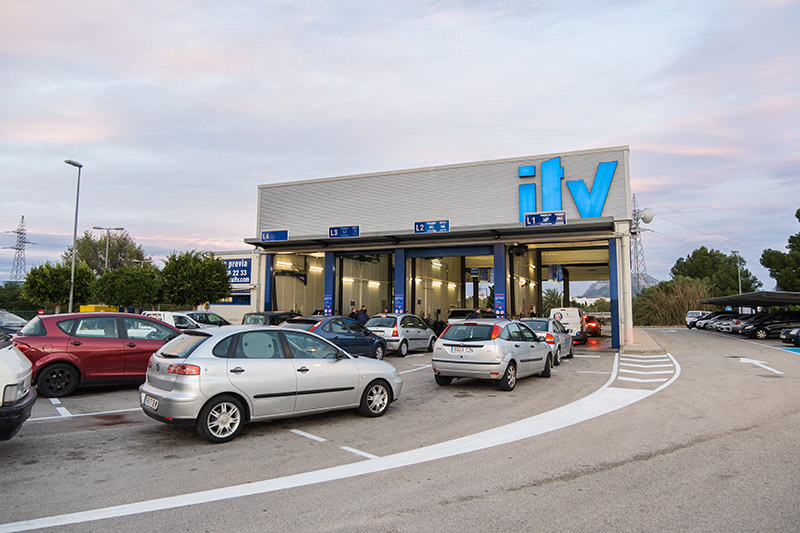 Habitualmente hablo de Sanidad en mi blog. Pero en esta ocasión me gustaría hacer una reflexión sobre … Leer más
Habitualmente hablo de Sanidad en mi blog. Pero en esta ocasión me gustaría hacer una reflexión sobre … Leer más - Un informe que vale más que mil tuits
 La colaboración público privada en España ha tenido que enfrentarse a bulos y defenderse de todo tipo … Leer más
La colaboración público privada en España ha tenido que enfrentarse a bulos y defenderse de todo tipo … Leer más - Un peligroso retroceso para nuestra Sanidad
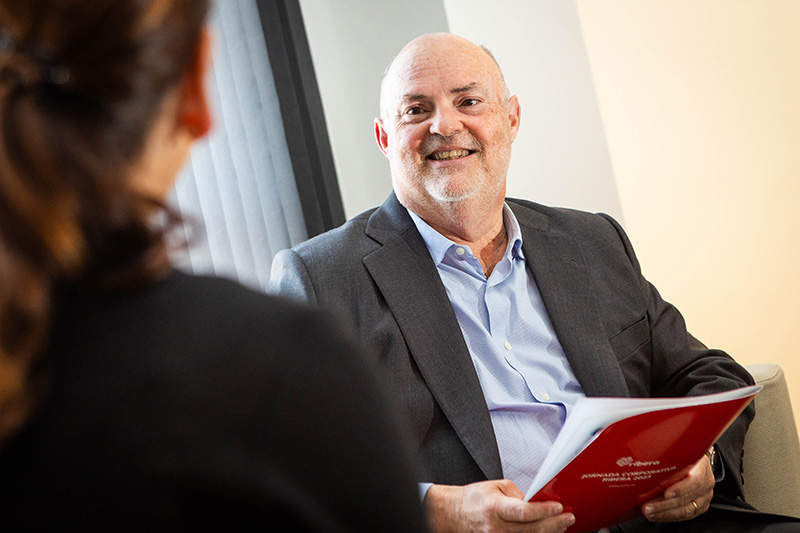 La ministra de Sanidad, Mónica García, ha anunciado el inicio de la tramitación de la Ley de … Leer más
La ministra de Sanidad, Mónica García, ha anunciado el inicio de la tramitación de la Ley de … Leer más
A continuación puedes encontrar todos los artículos de Alberto de Rosa
